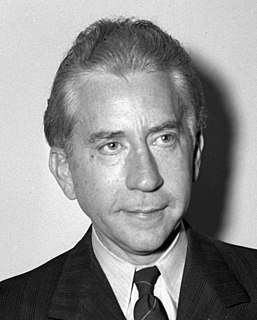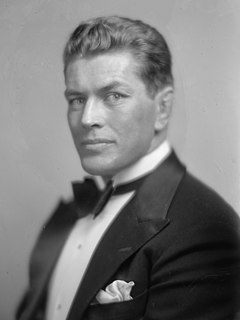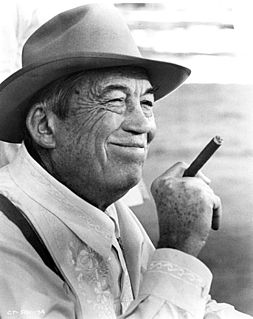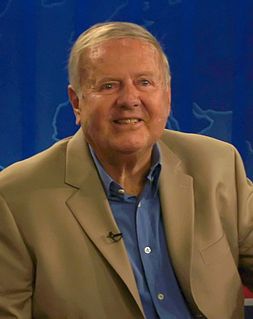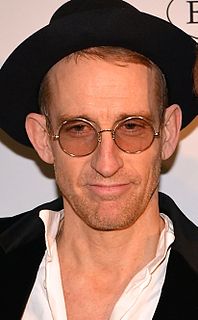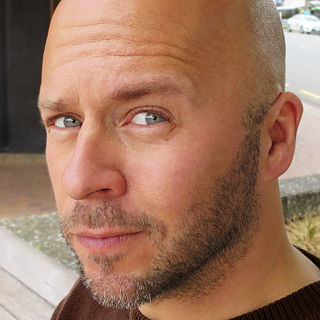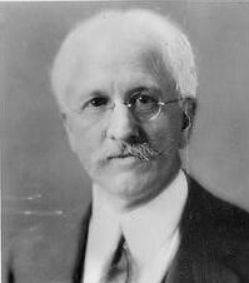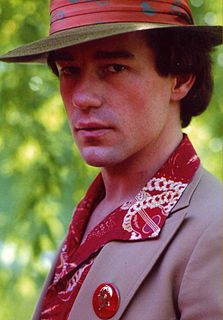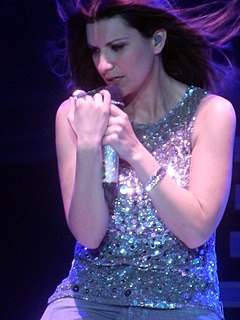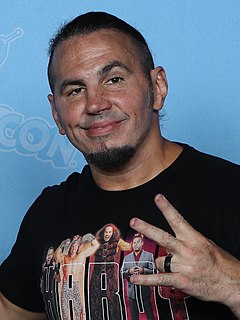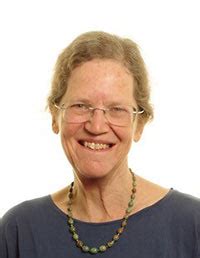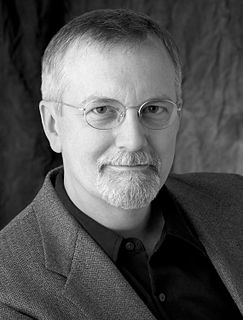A Quote by J. Paul Getty
Jack Dempsey and I became friends in the very early 1920s.
Related Quotes
In Jack Dempsey's early days he had a fight contract, which paid him two dollars per fight for the fights he won. He received nothing for the fights he lost. Jack Dempsey said that in his early days he was knocked down a lot of times and he usually was tempted to stay down because he knew that no one would hit him again until he started to get up. But Jack was a hungry fighter and he knew that if he was going to eat, he must get up in order to get the two dollars. He tells of one occasion when he was knocked down 11 times in one fight, and 11 times he got up in order to win the $2.
Gene Tunney called Gibbons 'the perfect boxer.' Gene said he learned more about the technique of boxing and punching from watching Mike training in New York gymnasiums and in actual fights in Gotham than he learned from any other individual associated with the fistic sport.
Moreover, Tunney has told me it was Gibbons' clean-cut victory over Jack Dillon, the mighty light heavyweight from Indianapolis, that inspired in him the belief he could whip Jack Dempsey.
I was not ambitious as a child. My father encouraged me to enter competitions and contests, which became very much part of my life. I was not the typical teenager. I was very closed, shy and didn't hangout with my friends at disco's. My parents wanted me at home. Singing became my life, I traveled a lot on the job, and my job became my dream.
The Nazi Party was, in the early 1920s, but one among many nationalist and volkisch radical political groups. It was catapulted to prominence with the onset of economic recession in the late 1920s... The Nazis owed their spectacular to a combination of two discrete sets of factors: first, their distinctive organisation and strategy; and secondly, the wider socio-economic conditions which created climates of opinion and sets of grievances on which the Nazis could prey.
Harper Lee and Truman Capote became friends as next-door neighbors in the late 1920s, when they were about kindergarten age. From the start, they recognized in each other "an apartness," as Capote later expressed it; and both loved reading. When Lee's father gave them an old Underwood typewriter, they began writing original stories together.
